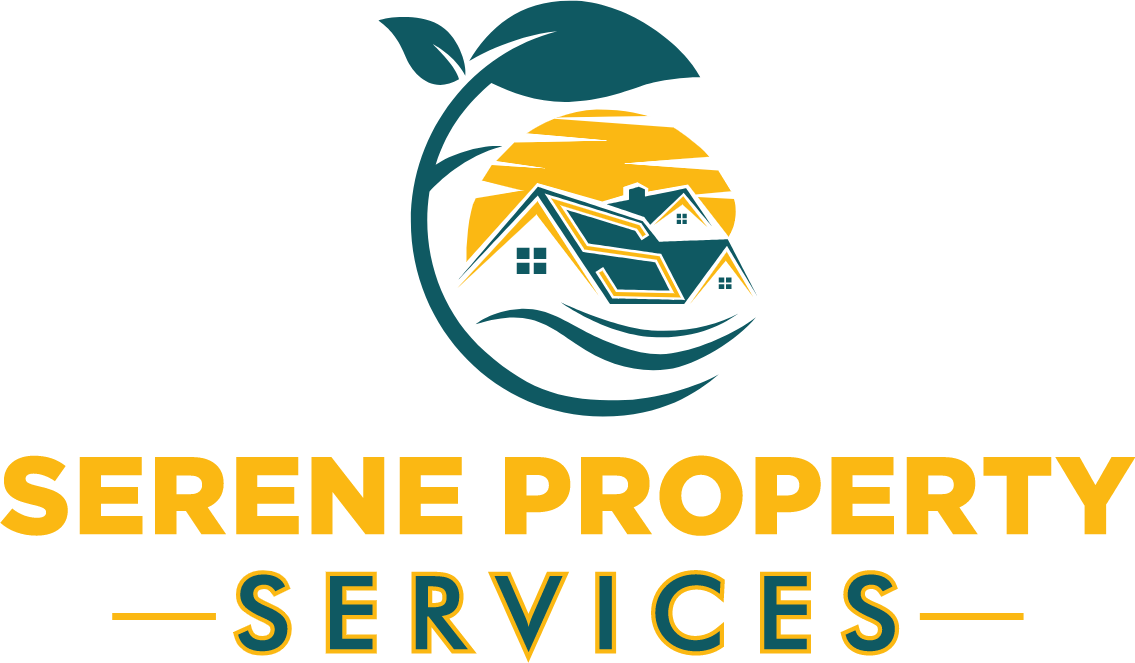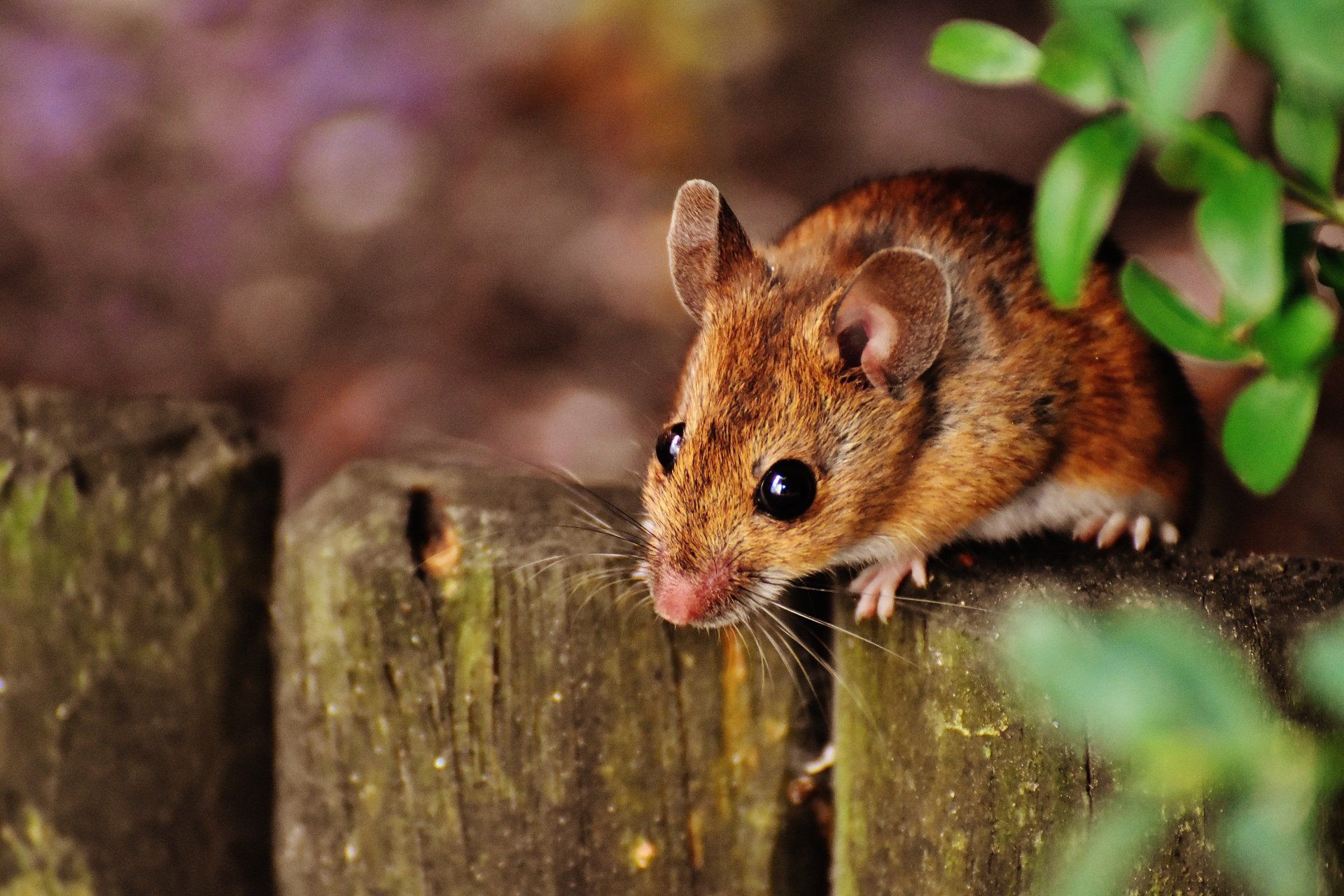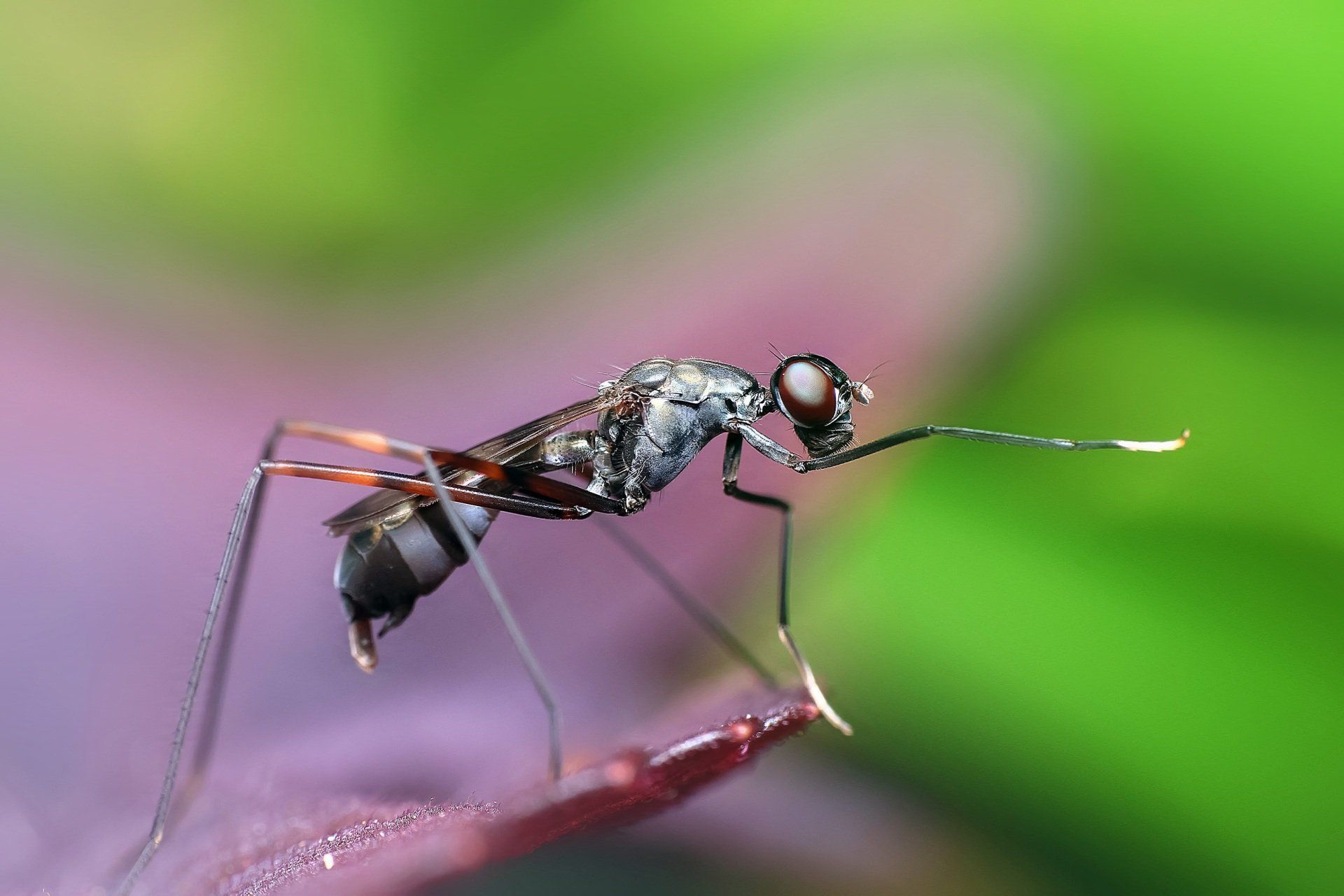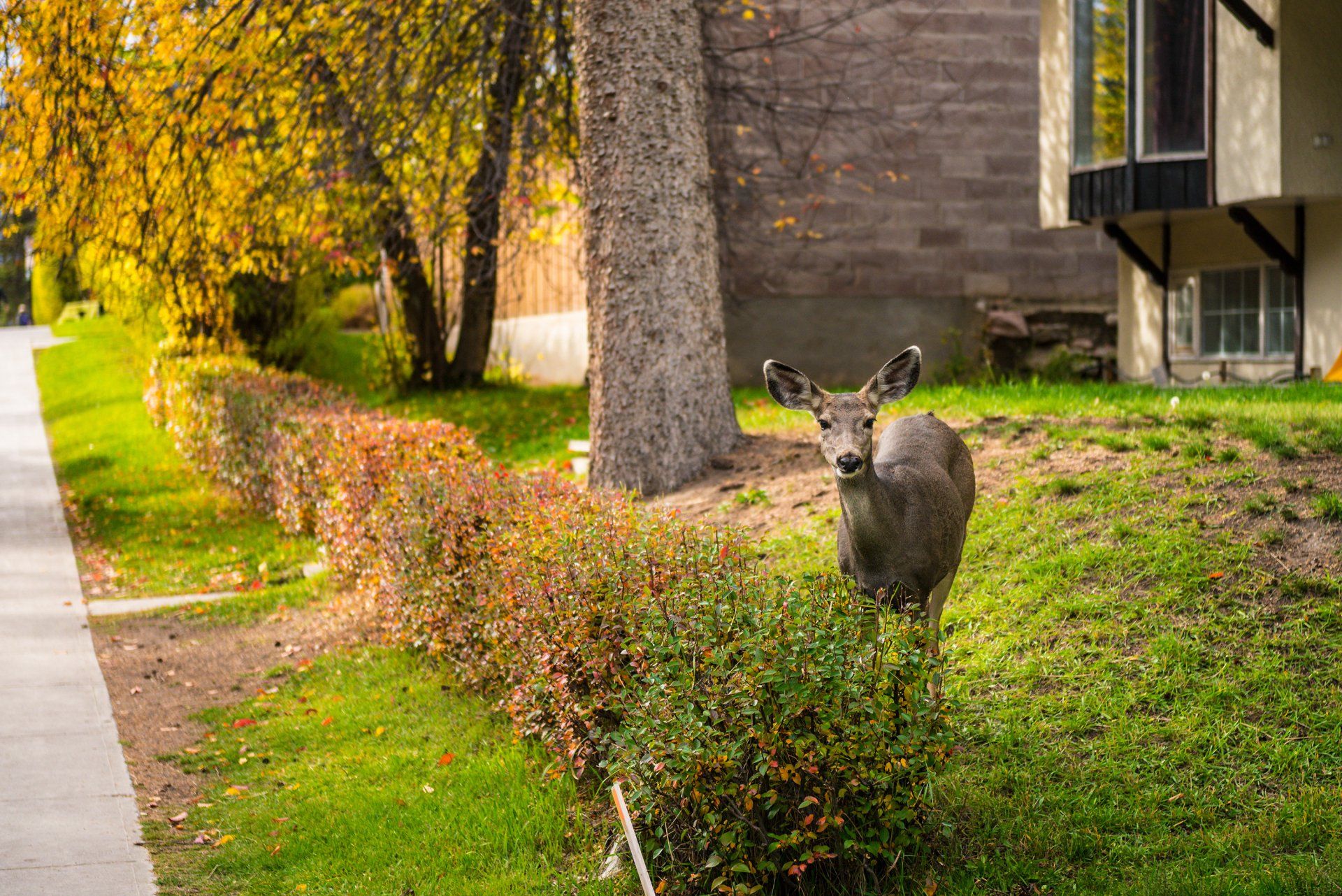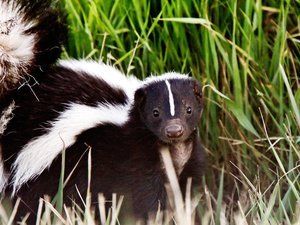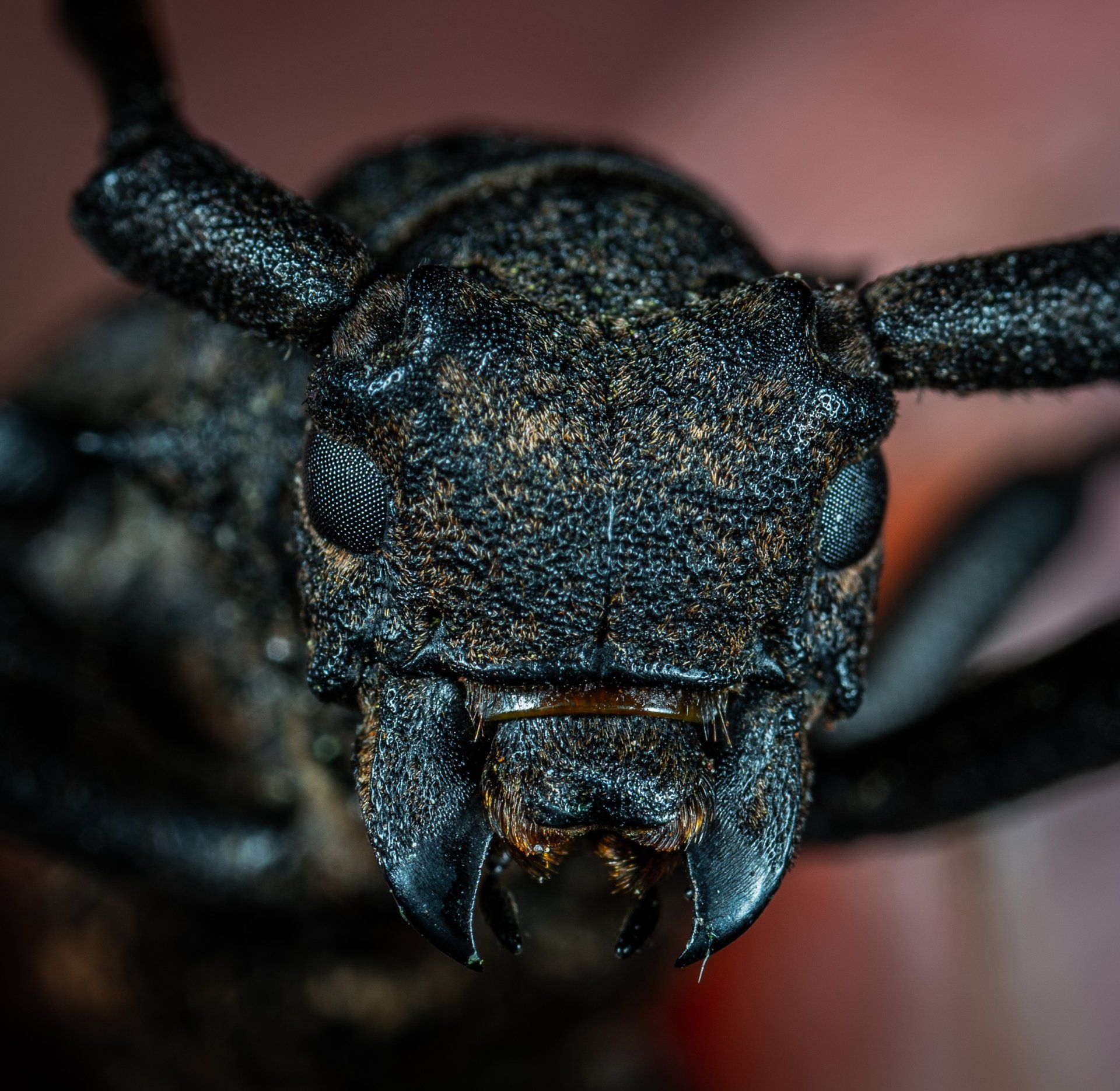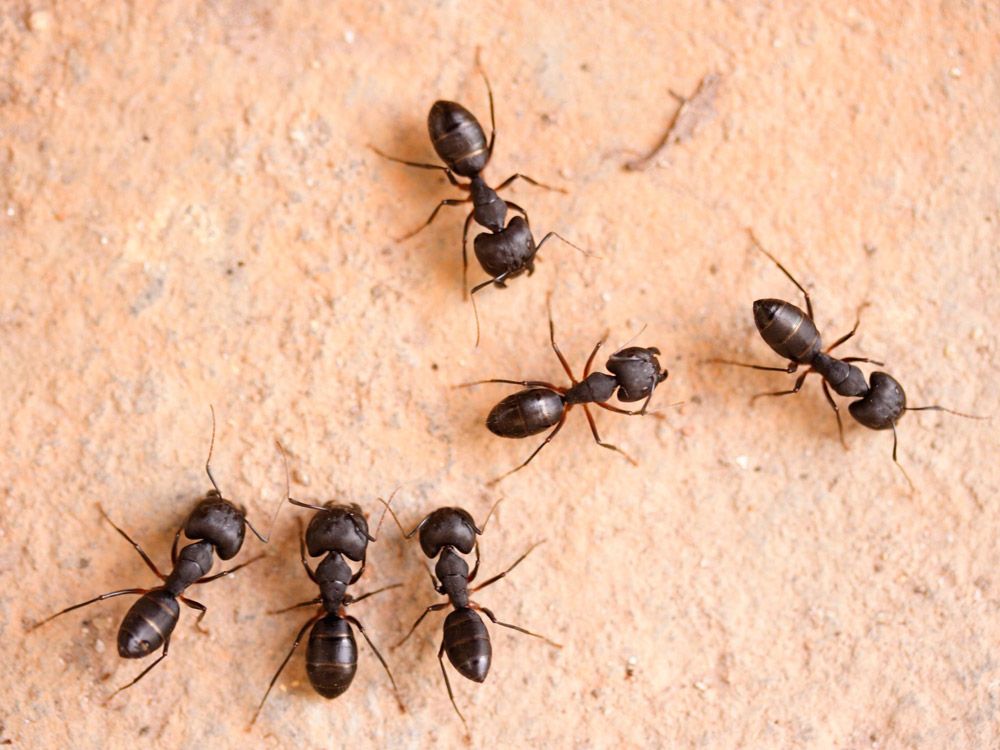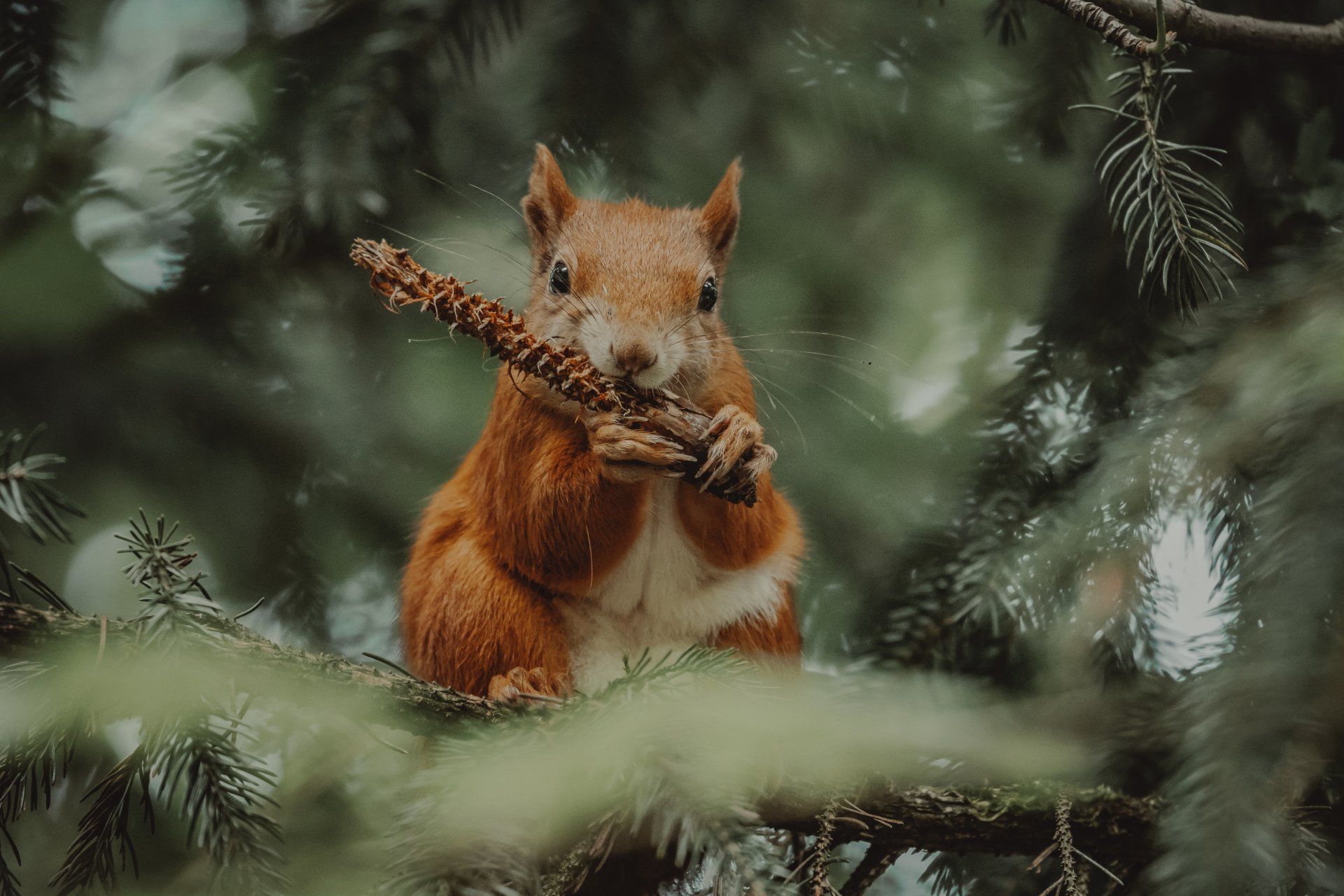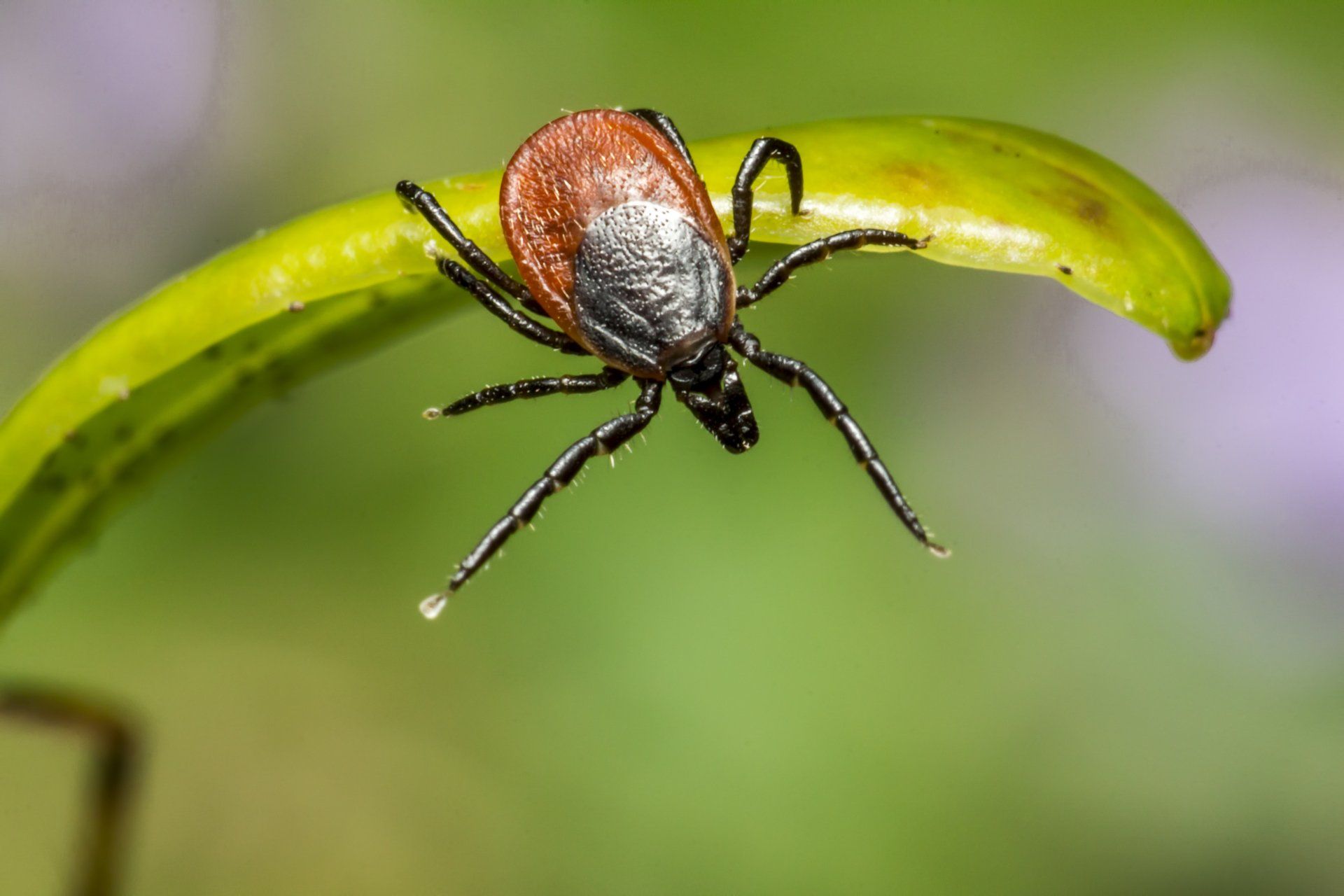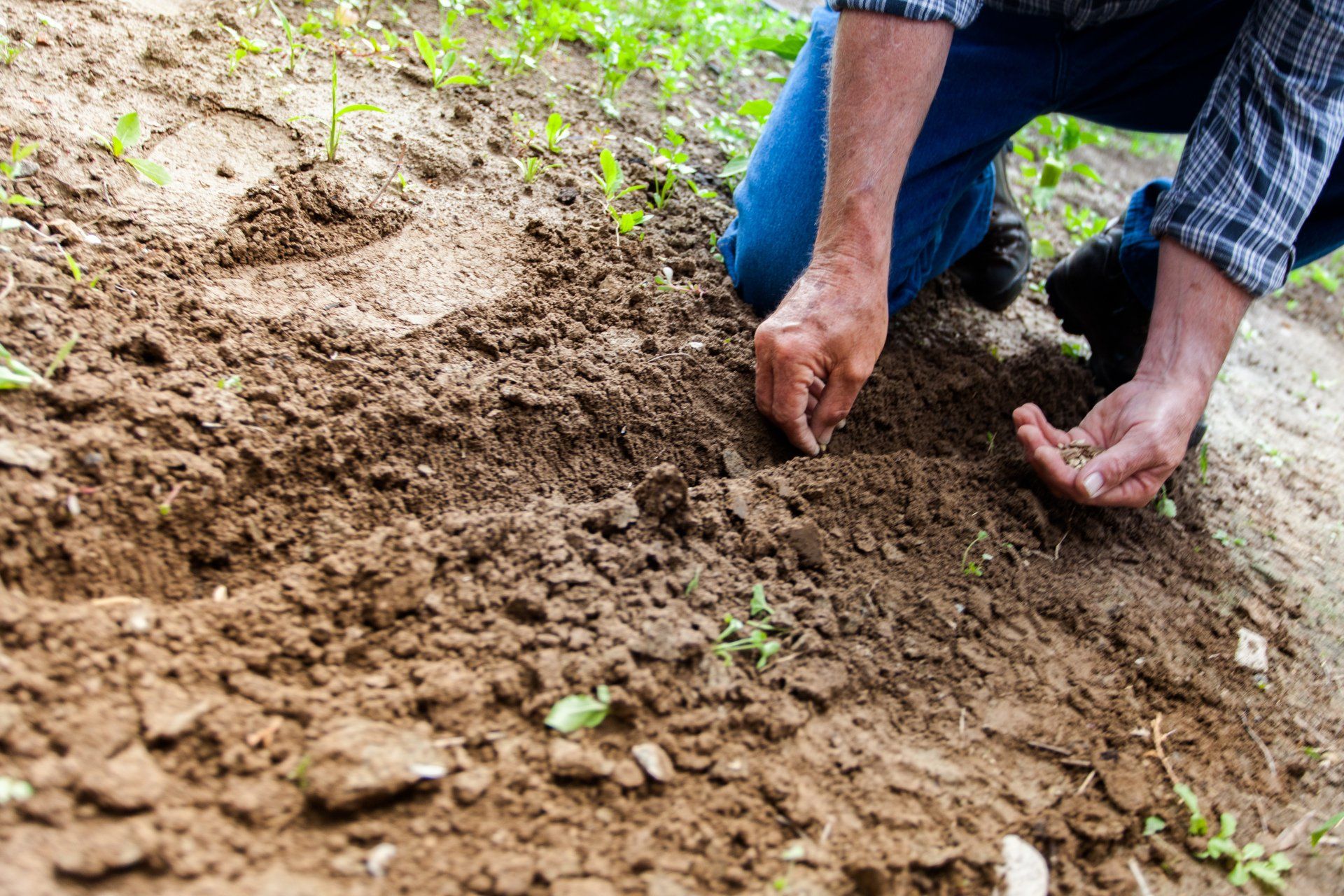Signs of a Raccoon In The Attic
Know what to look for if you suspect raccoons in your attic.
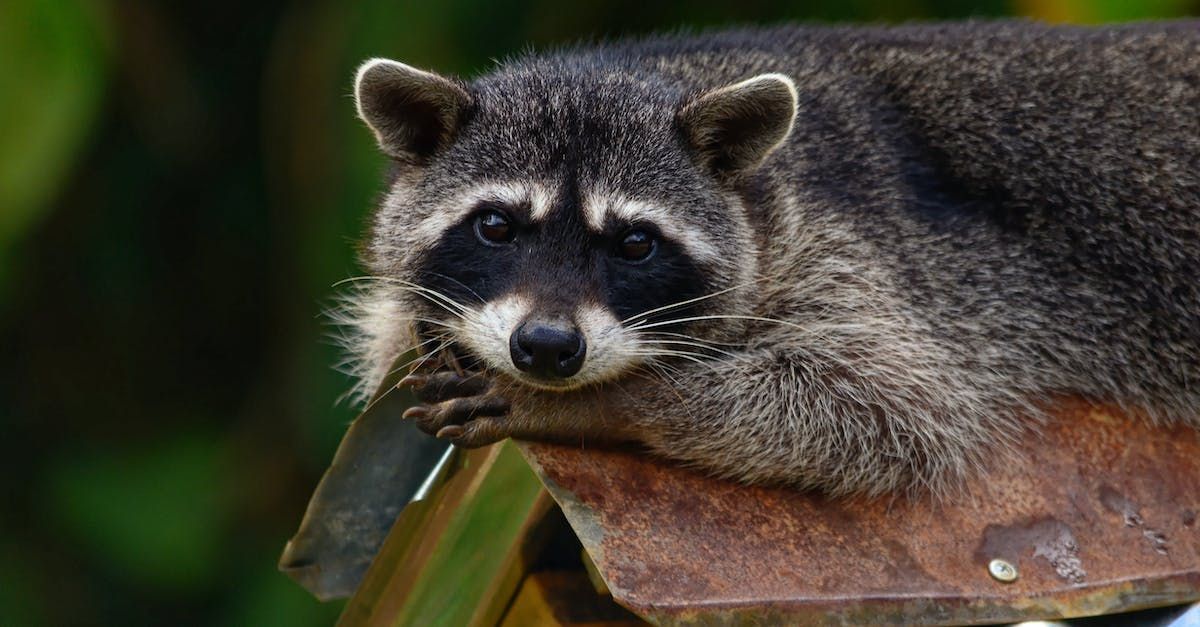
Although commonly called “trash pandas,” raccoons are the garbage bandit you don’t want setting up shop in your home. A raccoon in the attic can quickly cause a myriad of issues and can lead to a significant amount of property damage. But more than that, raccoons carry a host of dangerous diseases that can threaten you, your family, and your pets.
With so many different critters looking for
winter dens, how do you know if it’s raccoons in your attic, or something else? While all types of pest infestations should be inspected by a professional, there are some clear signs that a raccoon has taken up residence in your home.
Here’s what you need to look out for with these wild animals.
Signs of Raccoons in the Attic
There are various signs to look out for, should you suspect you have a raccoon in the attic. If you’re unsure, call in a professional pest removal service to investigate.
For starters, do you see feces in your attic? You may also see it on your roof. Raccoon poop is commonly shaped like a tube with blunt ends and might be dark-colored.
Pay close attention to different noises in your attic. Any noise should be investigated by a professional, but signs of a raccoon include snarling sounds, footsteps, scratching, and chewing.
Inspect your home’s exterior, including your soffit panels. If any are pulled apart or moved out of place, you may have a critter infestation. You should also check out the woodwork on and around your home. If you see scratch marks or paw prints, you may have raccoons. Additionally, look for any holes in the vents of your home’s foundation. You may also see dirt randomly coating your home.
Although fairly straightforward, you may have raccoons if you see them in your yard or on your roof. Additionally, footprints in your attic’s dust are a sure sign of raccoons inside your house. If your
home’s insulation has noticeable trails throughout it, a raccoon — or other critter — may be to blame.
Are Raccoons in the Attic Dangerous?
Yes, raccoons in the attic (or anywhere in your home) are dangerous because they can damage your house. Do raccoons chew wood? Absolutely. They may rip open your home’s duct work, pull insulation from your pipes, or even break your pipes, chew dangerous wires, and chew wood wherever they can.
But do raccoons carry diseases? Yes! Raccoons are known to carry a number of deadly diseases, such as rabies. Additionally, when they urinate, they shed Leptospirosis. If you or a family member are exposed to raccoon secretions, you’re leaving yourself open to a host of infections.
Raccoons also carry numerous
bacterial diseases that can make you extremely sick. This includes E. Coli and Salmonella. They also carry different parasites and fungi that can cause severe illness.
But you’re not the only one at risk — raccoons can make your pets very sick as well. If they’re inside your home and defecate, your indoor air quality can easily become polluted and contaminated. Once a raccoon enters your home, they’ll defecate wherever they please. Raccoons poop twice a night, which means that raccoon scat can quickly begin to accumulate inside your attic or walls, among other areas.
How to Catch Raccoons in The Attic
It’s always best to let a professional trap raccoon in your attic (or elsewhere in or around your property). Professionals have the tools and experience to catch any animal, safely and humanely rehoming it.
For starters,
a professional pest removal service in Sussex County, NJ, will locate the raccoon’s entry point. They will have to use a special trap to help lure the animal out, securing it in place once it’s caught. From there, they’ll humanely take it to a location far from your home.
Professional Pest Removal Services for a Raccoon in the Attic
If you suspect you have a raccoon in the attic — or any other pest — it’s best to contact professionals as soon as possible. Raccoons can cause significant property damage and carry a host of dangerous diseases and parasites. Pay close attention to the signs listed in this article, and don’t hesitate to contact Serene Property Services at the first hint of an animal infestation.
We proudly service all of Sussex County, NJ, and Warwick, NY. We have a variety of pest removal services, including preventative and recurring services, to keep critters and bugs away.
Contact us today to learn more about what we offer.
We will get back to you as soon as possible
Please try again later
About Us
Contact Info
